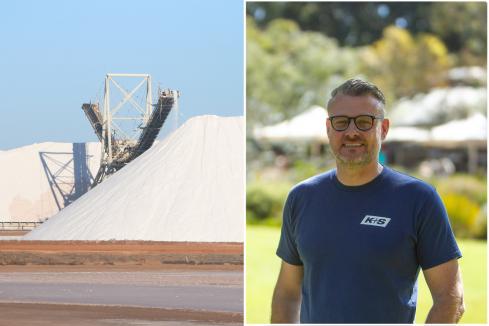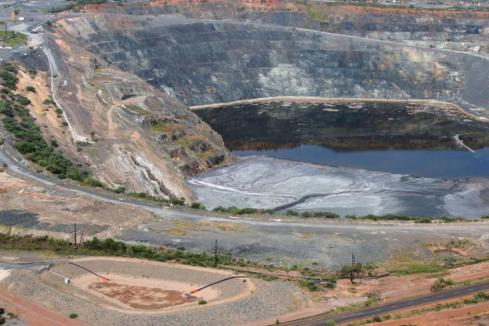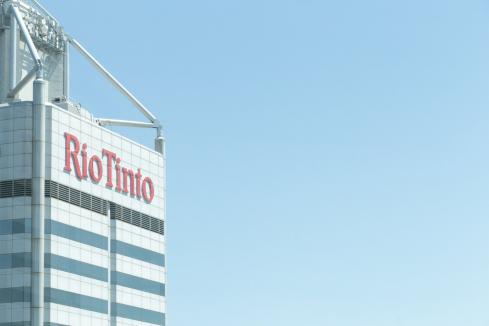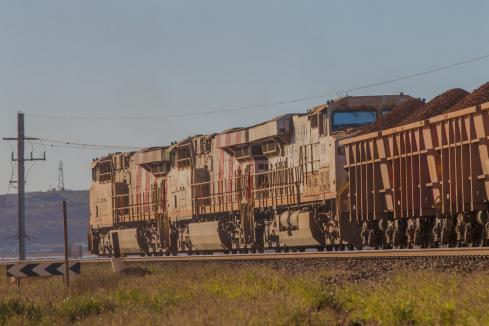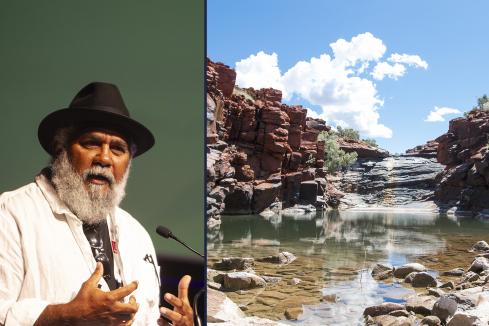Rio Tinto has changed the name of its new iron ore mine to Gudai-Darri after a request from Banjima elders, one small step in the miner’s efforts to rebuild trust with traditional owners.

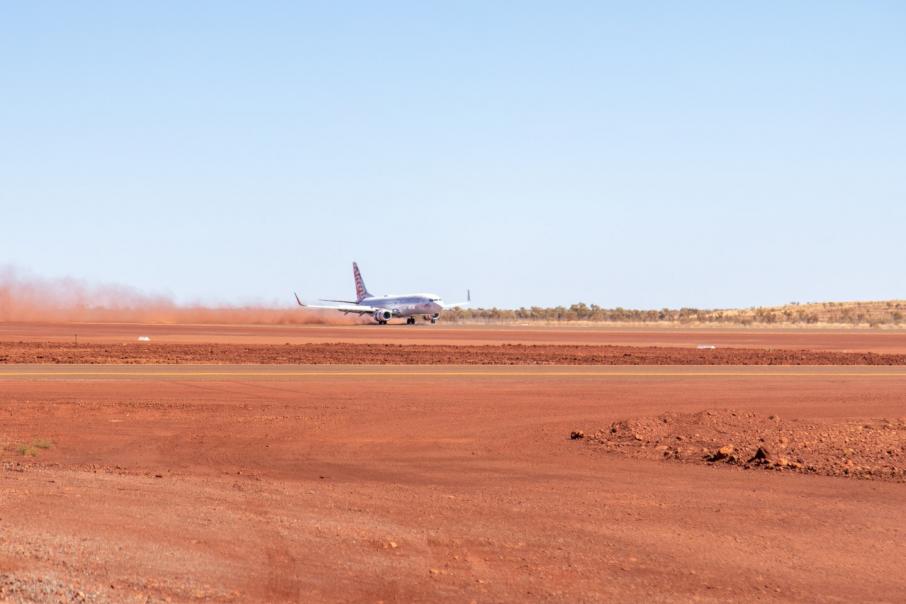
Rio Tinto has changed the name of its new iron ore mine to Gudai-Darri after a request from Banjima elders, one small step in the miner’s efforts to rebuild trust with traditional owners.
Rio revealed the name today when it announced the opening of Western Australia’s newest airport at the $US2.6 billion Pilbara mine project.
The miner said it was working in close partnership with the Banjima and Yindjibarndi people as the traditional custodians of the land on which the mine and associated rail lines are located.
Formerly known as Koodaideri, the project’s name will be pronounced and spelt in Banjima language as Gudai-Darri.
The change comes as Rio seeks to repair the reputational damage from its destruction earlier this year of the Juukan Gorge rock shelters.
That incident has already resulted in global chief executive J-S Jaques and iron ore boss Chris Salisbury losing their jobs.
Today’s announcement also signalled that Rio is seeking to give more weight to its support for ‘local’ contractors.
It listed 15 companies that have worked on the mine and the airport.
These ranged from national companies such as Worley and GHD to WA businesses like Primero Group and NRW Holdings and indigenous businesses such as White Springs, Hicks Civil & Mining and Karlka Fencewright.
Ivan Vella, who is acting chief executive of the iron ore business, said the construction of Gudai-Darri had a strong focus on supporting local businesses, with contracts valued at more than $2.3 billion awarded to date.
“These contracts have supported approximately 2,000 jobs in the construction phase and the mining operation is expected to support about 600 jobs on an ongoing basis,” Mr Vella said.
“We are proud to support West Australian businesses as we progress a pipeline of investment opportunities in the Pilbara valued at more than A$10 billion over the three years to 2022.”
Fellow iron ore miner BHP is also seeking to build stronger ties with the Banjima people, which hold native title over the land on which its South Flank mine is being developed.
BHP announced two months ago plans to establish a Heritage Advisory Council, comprising Banjima elders and senior BHP representatives, to provide input into mine planning at South Flank.
Banjima Native Title Aboriginal Corporation chair Maitland Parker said he looked forward to working in good faith with BHP with regard to heritage matters and mine expansion plans at South Flank.
“We want to ensure that we continue to strike the right balance between social and economic benefits and protection of our heritage,” Mr Parker said at the time.
“We must consider the benefits and impact, not only for the current generation, but also future generations.”
BHP, like Rio and other miners, had obtained state government approval under section 18 of the Aboriginal Heritage Act to destroy heritage sites in the path of its new mine.
Since the Juukan Gorge controversy erupted, the big iron ore miners have not acted on section 18 approvals.
The state government has drafted a new Aboriginal Heritage Act which, among other changes, removes the section 18 approvals.










